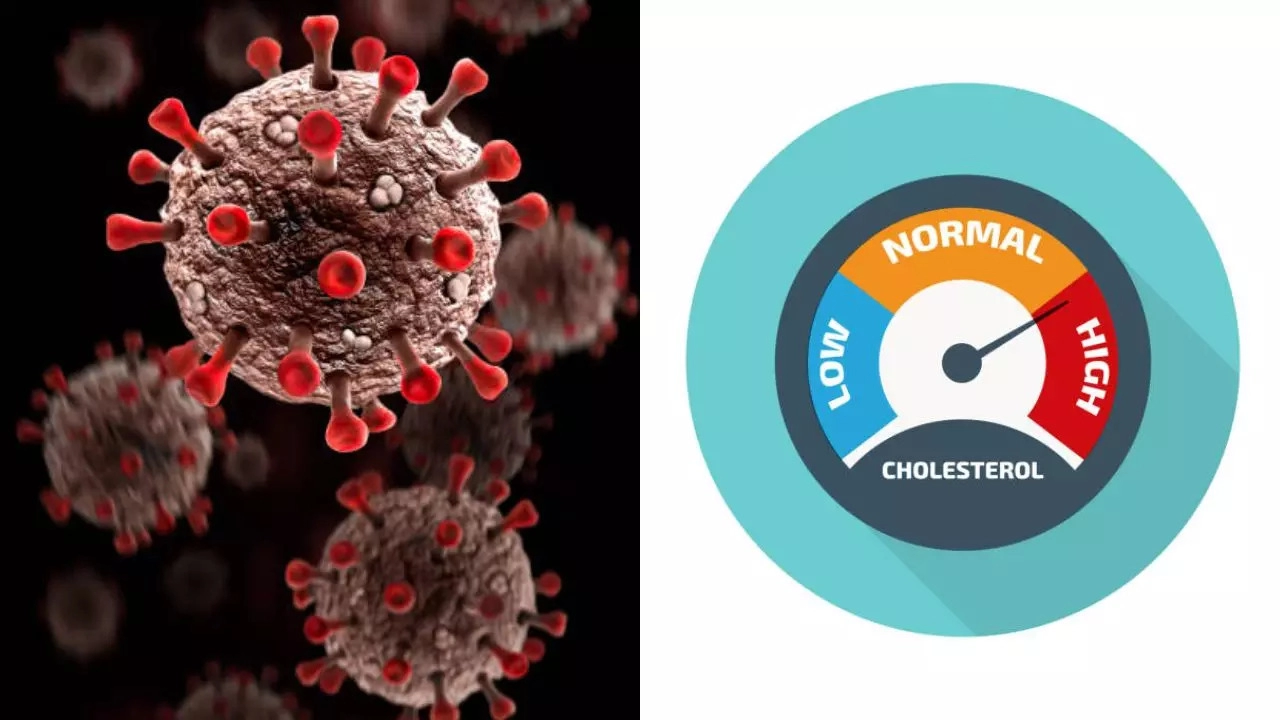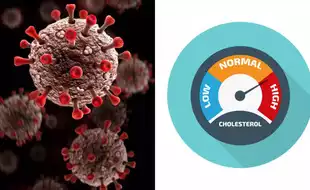
COVID Infection Can Increase The Risk Of High Cholesterol By 29 Per Cent
Photo : iStock
A new study has found that infection caused by SARS-CoV-2 which was responsible for the COVID-19 pandemic can increase the risk of developing dyslipidemia or high cholesterol by almost 29 per cent. The study was led by researchers at Albert Einstein College of Medicine and published in the Journal of Clinical Investigation.
Cholesterol is a waxy, fat-like substance that is made by the liver and is found in your blood. Cholesterol, by itself, cannot move by itself in the body and needs the help of lipoproteins. There are two different types of cholesterol, low-density lipoprotein and high-density lipoprotein. Low-density lipoprotein (LDL) is the one bad cholesterol which eventually causes high cholesterol. On the other hand, high-density lipoprotein (HDL) is the good cholesterol which helps in maintaining cholesterol levels. When your LDL is higher than HDL, it leads to fat deposition in the blood vessels.
The study involved more than 200,000 adults which showed that the abnormal lipid (fat) levels in the blood which is a major risk factor for cardiovascular diseases such as heart attack and stroke. The study also explains the rising worldwide incidences of heart problems post-pandemic.
The research also showed that older adults and people with type 2 diabetes experienced about a two-fold increased risk of developing dyslipidemia.
Gaetano Santulli, Associate Professor of medicine and of molecular pharmacology at Einstein explained that SARS-CoV-2 can disrupt the function of endothelial cells that line the inside of blood vessels and play a critical role in regulating blood lipids. He advised people to have their lipid levels monitored regularly. They called on high-cholesterol patients to get early treatments.
Santulli said that the advice would apply to all adults, not just those formally diagnosed with Covid-19, considering that many people have been infected without realising it. The study focussed on the incidence of dyslipidemia in a group of more than 200,000 adults living in Naples, Italy during the three years before the start of the pandemic (2017-2019) and compared with the same group between 2020-2022.
The findings showed COVID increased the risk of developing dyslipidemia by an average of 29 per cent in all participants. The risk was even higher among people over age 65 and those with chronic conditions, particularly diabetes and obesity, cardiovascular disease, chronic obstructive pulmonary disease and hypertension, the study revealed.
(With inputs from IANS)
Get Latest News Live on Times Now along with Breaking News and Top Headlines from Health and around the world.

